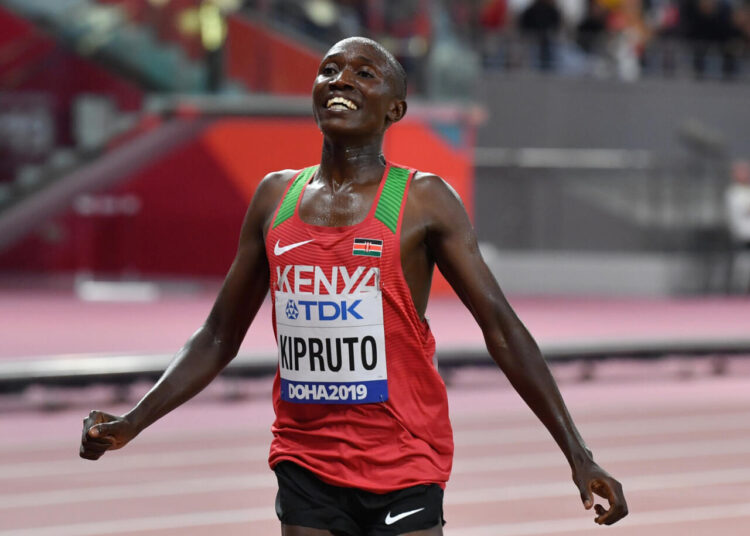Kenya’s vaunted distance runners head to the Olympics struggling to emerge from beneath the shadow of a lengthy list of doping scandals that have tarnished the African nation’s proud reputation as a track and field powerhouse.
Marathon runner Beatrice Toroitich became the latest Kenyan athlete to fall foul of anti-doping rules last month when she was banned for life following a third positive drugs test.
That case followed a six-year sanction imposed on world 10km road race record holder Rhonex Kipruto earlier in June, while long-distance runner Rodgers Kwemoi was also banned for six years for anti-doping violations in May.
In total nearly 100 Kenyan athletes, mainly long-distance runners, have been sanctioned for drugs offences since 2017, caught in a sweeping crackdown waged by the Anti-Doping Association of Kenya (ADAK) in the wake of doping scandals at the 2016 Rio Olympics.
“Kenya is making big strides in the fight against doping,” ADAK chief executive Sarah Shibutse told AFP in an interview.
\”We’re not relenting in this fight that’s at the heart of our national pride.”
Kenyan athletes competing in Paris have been subjected to a stringent testing regime, undergoing three out-of-competition tests in the 10 months leading up to the Olympics.
Kenyan anti-doping chiefs have enlisted the support of the independent Athletics Integrity Unit (AIU), the Kenyan sports ministry and the country’s law enforcement bodies to help in the investigation and testing of athletes.
Shibutse said that in turn has led to the closure of several pharmacies in the Rift Valley – the spiritual heartland of Kenyan distance running – suspected of funneling performance-enhancing drugs to athletes.
Testing meanwhile has intensified dramatically, with 2 000 tests carried out in the past year. ADAK aims to triple that number to 6 000 per year eventually.
Shibutse says the volume of tests will continue to increase until “athletes get to understand that we’re doing this for their own good.”
“We are having more samples being collected which means more positive doping cases are being detected than before. This is a sign that the process is working,” Shibutse said.





